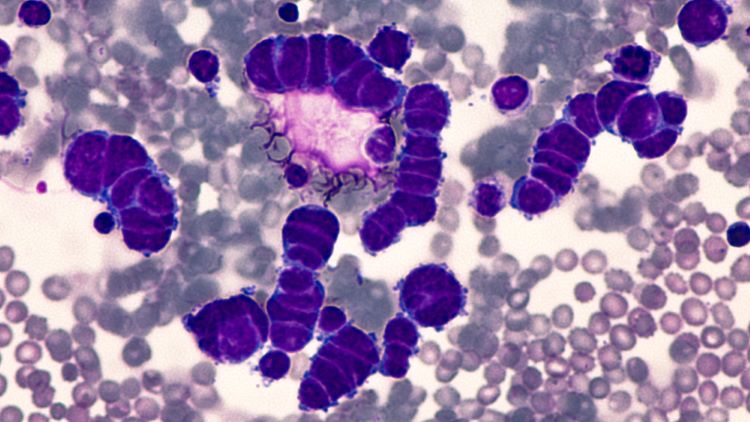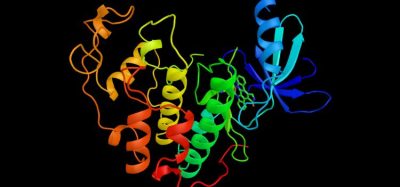New Amgen immunotherapy could treat common solid tumour
Posted: 24 November 2023 | Catherine Eckford (European Pharmaceutical Review) | No comments yet
With demonstrated benefit in anti-tumour activity and overall survival in patients with small cell lung cancer, Tarlatamab could provide a new third-line option, a Phase II study suggests.


Amgen’s new immunotherapeutic agent Tarlatamab has been shown in a Phase II trial to provide sustained anti-tumour activity in 40 percent of the small cell lung cancer patients.
The international DeLLphi-301 study was investigated as a new anti-cancer treatment option for patients previously considered to be beyond treatment. Results from the trial were published in the New England Journal of Medicine.
About Tarlatamab
According to the University Hospital Krems of the Karl Landsteiner University of Health Sciences (KL Krems), monoclonal antibody Tarlatamab leads the body’s T cells to small cell lung cancer cells to destroy them.
Results from the Phase II study in small cell lung cancer
“The analysis of this global study with 220 patients showed that with a dosage of 10mg Tarlatamab, anti-tumour activity was initiated and maintained in 40 percent of patients,” explained one of the study’s principal investigators, Dr Sabin Handzhiev, Department of Pneumology at the University Hospital Krems.
[the data showed] 58 percent of [the small cell lung cancer] patients responded to the 10mg dose [of Tarlatamab] for at least six months”
Dr Handzhiev continued: “To put these results in perspective, it is important to understand that patients with the current third-line treatment in clinical trials have a very poor prognosis. Only about 20 percent of them respond to any third-line treatment at all – and median overall survival is well below six months. Tarlatamab is a promising alternative, especially since 58 percent of patients responded to the 10mg dose for at least six months.”
Additionally, the analysis also showed a median progression-free survival of 4.9 months and a median overall survival of 14.3 months.
Interestingly, compared to the 10mg dose, a 100mg dose was also evaluated in patients, but was found to be less effective and have lower benefit in terms of side effects.
Overall, the Phase II results for Tarlatamab provide evidence of using antibodies that bind T cells to cancer cells as a potential treatment for a common solid tumour.
The clinical trial was funded by Amgen.
Related topics
Anti-Cancer Therapeutics, Antibodies, Biologics, Biopharmaceuticals, Clinical Development, Clinical Trials, Data Analysis, Drug Development, Drug Safety, Immunotherapy, Research & Development (R&D), t-cells, Therapeutics
Related organisations
Amgen, University Hospital Krems of the Karl Landsteiner University of Health Sciences









